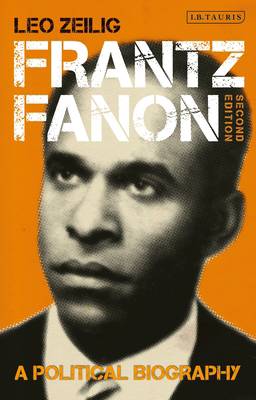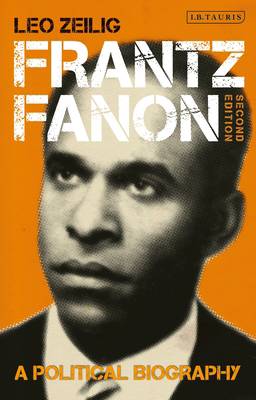
- Afhalen na 1 uur in een winkel met voorraad
- Gratis thuislevering in België vanaf € 30
- Ruim aanbod met 7 miljoen producten
- Afhalen na 1 uur in een winkel met voorraad
- Gratis thuislevering in België vanaf € 30
- Ruim aanbod met 7 miljoen producten
Zoeken
Omschrijving
Frantz Fanon was one of the twentieth-century's most influential theorists and activists, whose work fighting against colonialism and imperialism has been an inspiration to today's decolonization and anti-racism movements. As the author of essential texts such as The Wretched of the Earth and Black Skin, White Masks, his impact on today's activists - from Rhodes Must Fall to Black Lives Matter - is indelible. Leo Zeilig here details the fascinating life of Fanon - from his upbringing in Martinique to his wartime experiences and work in Europe and North Africa - and frames his ideas and activism within the greater context of his career as a practising psychiatrist and his politically tumultuous surroundings. The book covers the period of the Algerian War of Independence, national liberation and what Fanon described as 'the curse of independence'. Highlighting Fanon's role as the most influential theorist of anti-colonialism and racial liberation, this book is an essential read for those interested in the roots of the modern day anti-racism and decolonization movements.
Specificaties
Betrokkenen
- Auteur(s):
- Uitgeverij:
Inhoud
- Aantal bladzijden:
- 304
- Taal:
- Engels
Eigenschappen
- Productcode (EAN):
- 9780755638215
- Verschijningsdatum:
- 25/03/2021
- Uitvoering:
- Paperback
- Formaat:
- Trade paperback (VS)
- Afmetingen:
- 137 mm x 208 mm
- Gewicht:
- 385 g

Alleen bij Standaard Boekhandel
+ 54 punten op je klantenkaart van Standaard Boekhandel
Beoordelingen
We publiceren alleen reviews die voldoen aan de voorwaarden voor reviews. Bekijk onze voorwaarden voor reviews.











